2024 Houston Innovation Awards names esteemed judges for annual program
meet the decision makers
Ten Houstonians are in the hot seat for deciding the best companies and individuals in Houston's innovation ecosystem.
InnovationMap has announced its 2024 Houston Innovation Awards judging panel, which includes startup founders, nonprofit leaders, investors, corporate innovators, and more. In addition to the 10 judges, InnovationMap Editor Natalie Harms will serve as the editorial representative on the judging panel.
The selected judges will evaluate applications from the nearly 300 nominations that were submitted this year. The judges will be using their expertise to evaluate the nominees' applications, which are due to InnovationMap this week.
Read about this year's judges below, and don't forget to secure your tickets to the November 14 event to see who the panel selects as the winners for the annual celebration of Houston innovation.
Angela Wilkins, chief data officer at Starling Medical
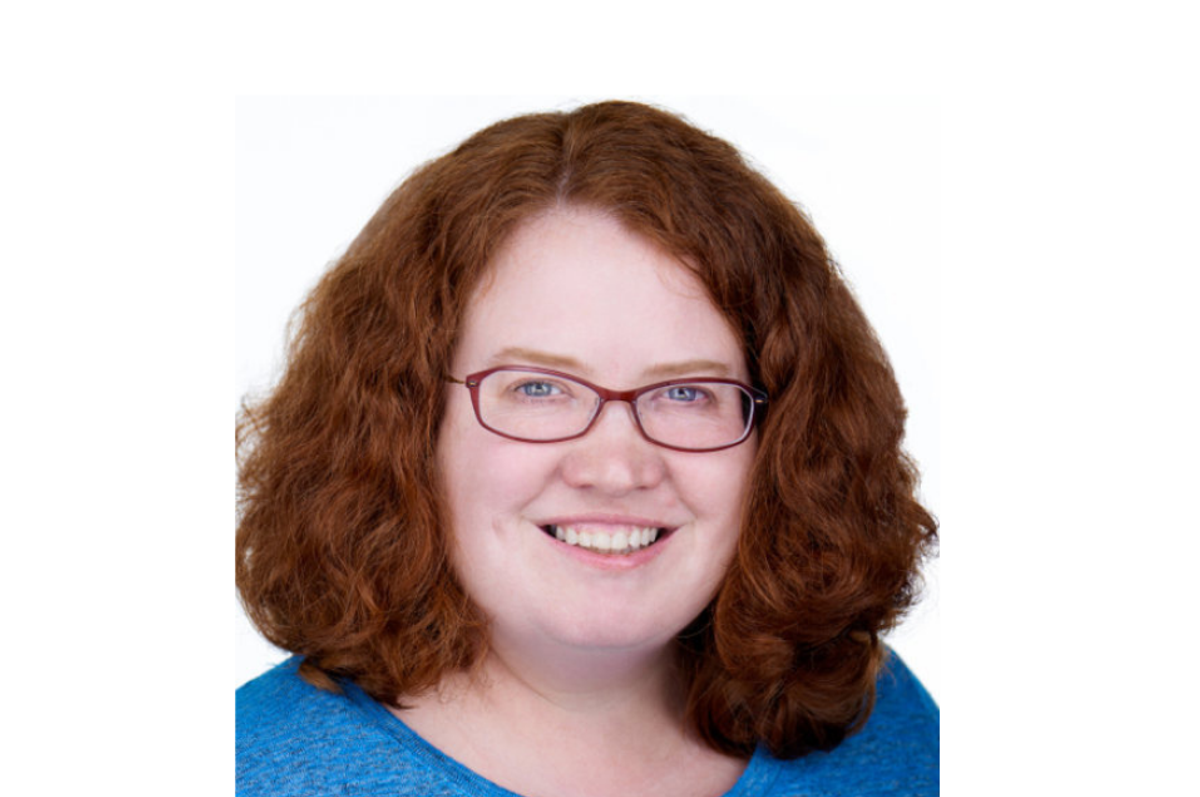 Houston data scientist joins medical device startup amid AI evolution in the sectorAngela Wilkins joins the Houston Innovators Podcast to discuss the intersection of data and health care. Photo courtesy
Houston data scientist joins medical device startup amid AI evolution in the sectorAngela Wilkins joins the Houston Innovators Podcast to discuss the intersection of data and health care. Photo courtesyAngela Wilkins has had a decade-long career in data science in business and academia and now oversees data science for Houston health tech company Starling Medical. She founded Mercury Data Science, which became OmniScience, and previously ran Rice University's Ken Kennedy Institute as executive director.
Brad Burke, associate vice president for industry and new ventures at Rice University's Office of Innovation and executive director of the Rice Alliance

The 2023 recipient of the Trailblazer Award, Brad Burke returns to the Houston Innovation Awards as a judge. For over 20 years, he's led the Rice Alliance for Technology and Entrepreneurship, and recently took on a new leadership role within the university's growing Office of Innovation.
Calicia Johnson, senior product manager at Xbox and co-lead for Black at Xbox at Microsoft
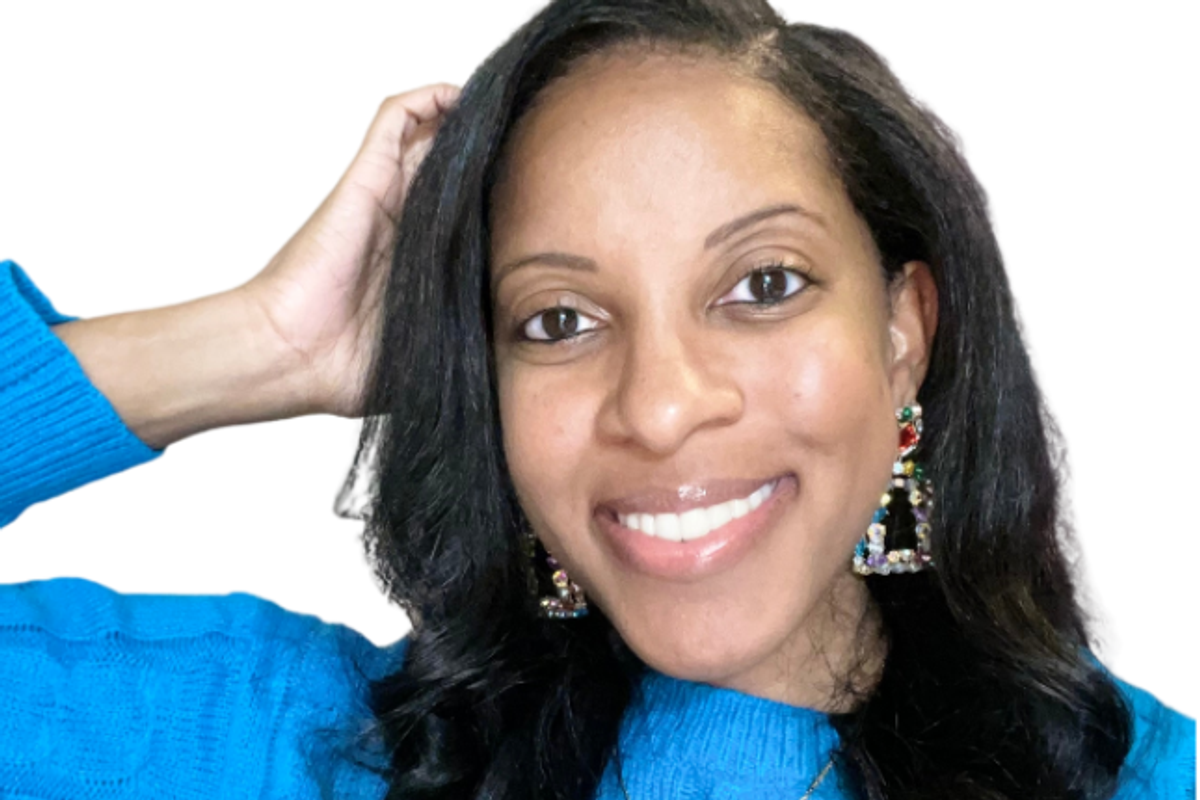
Calicia Johnson is a leader within Microsoft's Houston office, especially when it comes to representing and encouraging diversity. She was named the winner of the 2023 DEI Champion award at the Houston Innovation Awards. Prior to Xbox, she worked for nearly 10 years in oil and gas with the bulk of that time at Chevron.
Emily Cisek, CEO and founder of The Postage
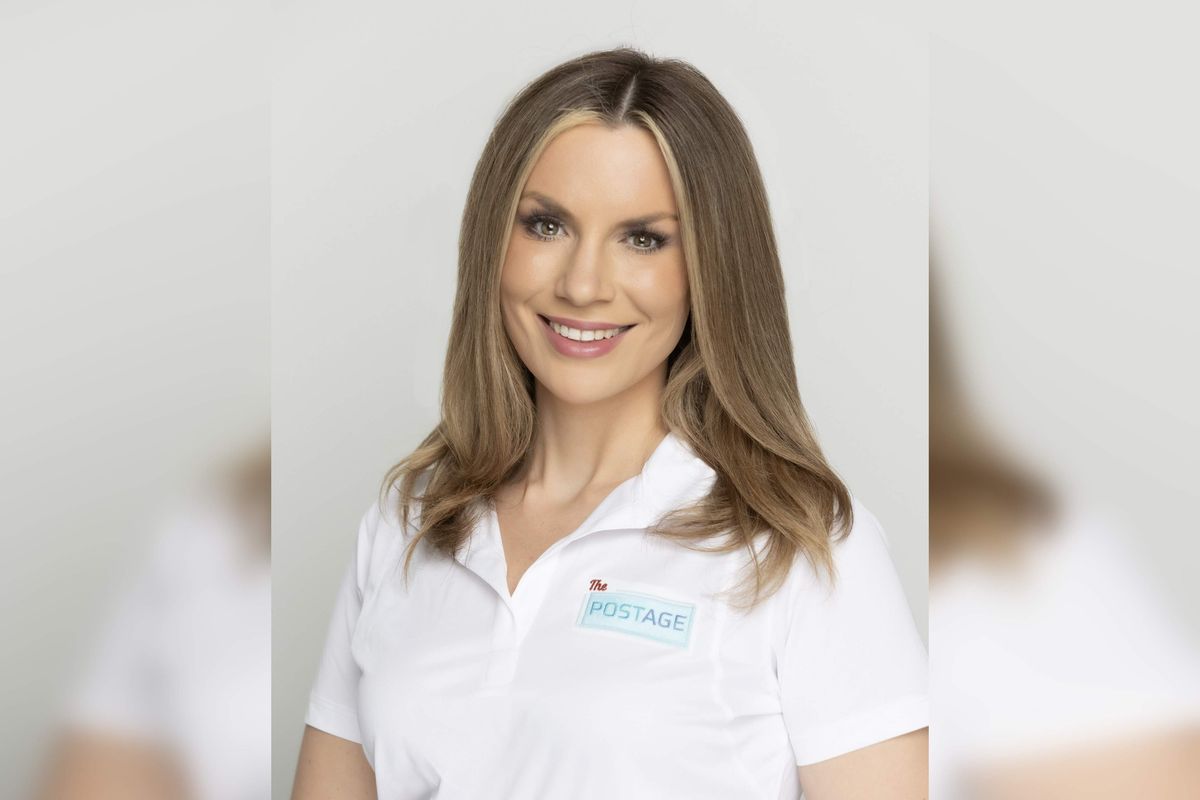
Last year, Emily Cisek's company, The Postage, a secure life planning and small business succession platform, was a finalist in three Houston Innovation Awards categories, winning the award for Female-Founded Business. She returns as a judge as her company continues to grow.
Grace Rodriguez, CEO and executive director of Impact Hub Houston

Grace Rodriguez was a judge for the inaugural Houston Innovation Awards in 2021, and she returns to judge the awards in accordance to her mission of helping "do gooders do greater." In addition to leading Impact Hub Houston, she is a board member of the City of Houston Office of Business Opportunity and is on the Board of Directors for Downtown Houston.
Joey Sanchez, founder of Cup of Joey

As the 2024 Ecosystem Builder award recipient, Joey Sanchez has worked for years leading Houston innovation, including as senior director of ecosystems at the Ion Houston and director of corporate engagement at Houston Exponential. He's now growing his startup, Cup of Joey, a weekly coffee meetup organization, across Houston.
Jon Nordby, managing partner at investment firm Anthropy Partners and founder of EconWerx
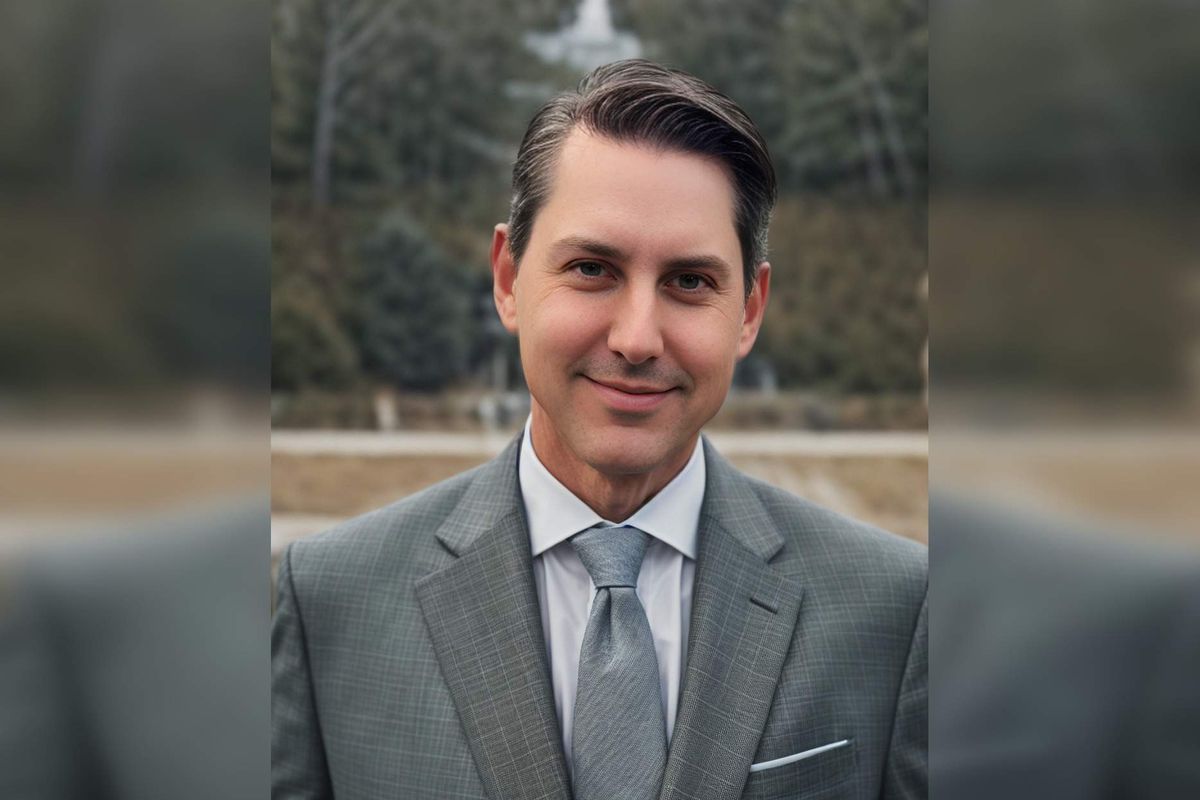
For years, Jon Nordby has been a champion of Houston innovation in his previous leadership roles at Houston Exponential, MassChallenge, and the Greater Houston Partnership. A former Houston Innovation Awards judge from 2021, he now works hands on with startups and organizations looking to grow an innovation ecosystem.
Margarita Kelrikh, counsel at Pillsbury
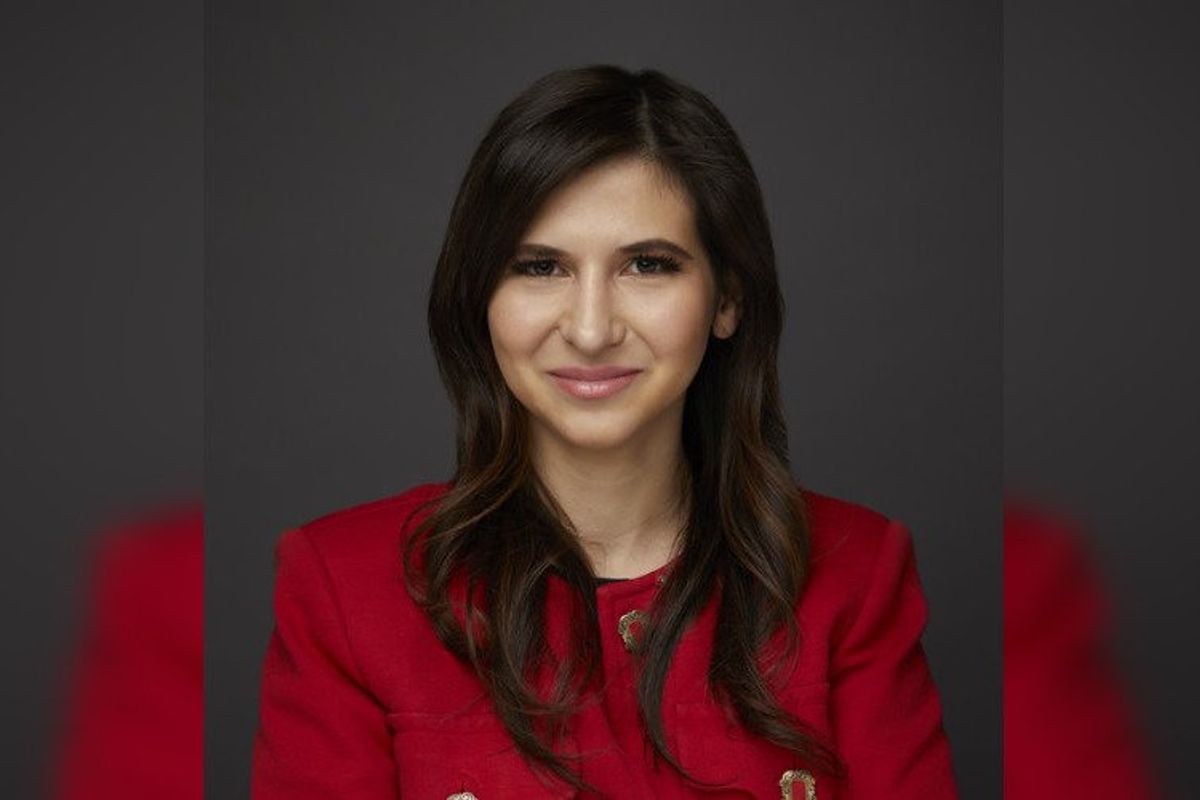
As counsel in Pillsbury's Houston office, Margarita Kelrikh has supported the firm's growing startup clients since her appointment earlier this year. Prior to joining the firm, she held in-house counsel positions at a few companies, including WeWork. She received her bachelor's degree at the University of Chicago and her law degree at Columbia School of Law.
Pedro Silva, co-founder of Milkify
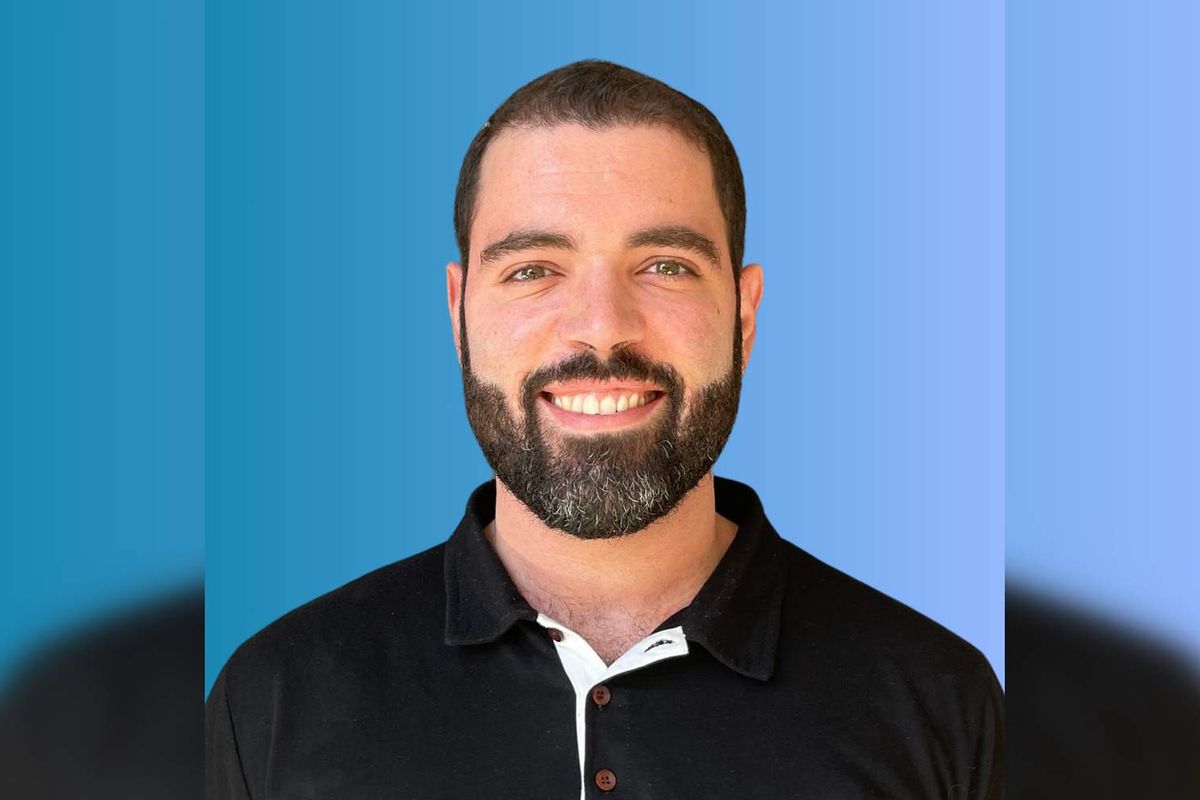
Pedro Silva co-founded Milkify, a freeze-drying breastmilk service, with his wife, Berkley Luck, and the company has appeared on Shark Tank and won last year's BIPOC-Founded Business Award.
Wade Pinder, founder of Product Houston

As the 2023 Mentor of the Year winner, Wade Pinder has mentored countless Houston startups and has decades of experience in product development — most recently through his own company, Product Houston.
Editorial judge: Natalie Harms, editor of InnovationMap
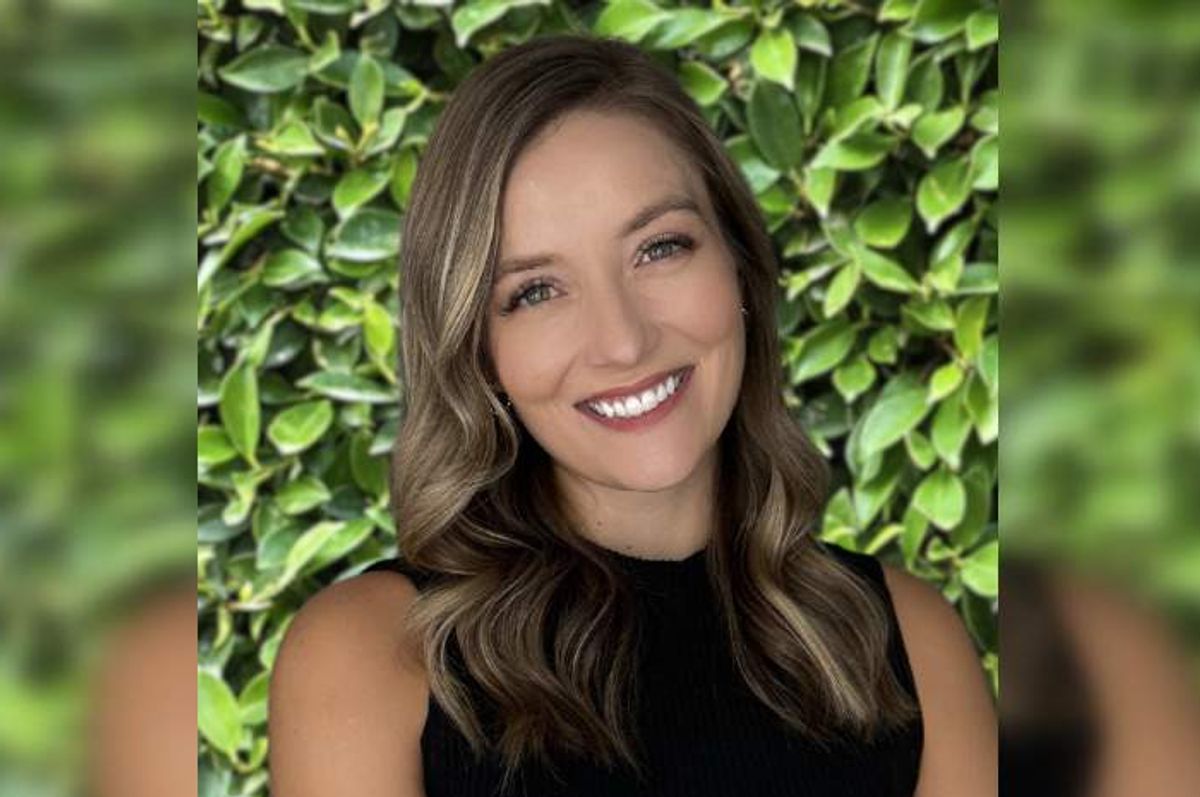
For the fourth year, Natalie Harms will represent InnovationMap on the annual awards judging panel as the founding editor of InnovationMap the host of the Houston Innovators Podcast.
She reports on innovation and technology for InnovationMap and on energy transition for EnergyCapitalHTX — and their impact on the city of Houston. A Houston native, she's worked as a business journalist for almost a decade and has a degree in journalism from the University of Houston and a certificate in publishing from New York University.
- Sarah Hein, Sean Kelly, Donnell Debnam Jr., more named Houston innovators to know - InnovationMap ›
- UH to deliver on tech to DOD, 2 Houston startups raise funding, and more trending news from the week - InnovationMap ›
- 2023 Houston Innovation Awards finalists announced - InnovationMap ›
- Houston founder aims to help find your purpose, make strategic connections over a cup of coffee - InnovationMap ›
- Houston Innovation Awards to honor Paul Frison, Scott Gale as trailblazers - InnovationMap ›
- Where to work: These 2024 Houston Innovation Awards finalists are hiring - InnovationMap ›
- People's Choice: Pick your startup of the year for the 2024 Houston Innovation Awards - InnovationMap ›
- Top innovation leaders talk Houston's strengths, weaknesses - InnovationMap ›
- Houston Innovation Awards winners revealed at 2023 event - InnovationMap ›

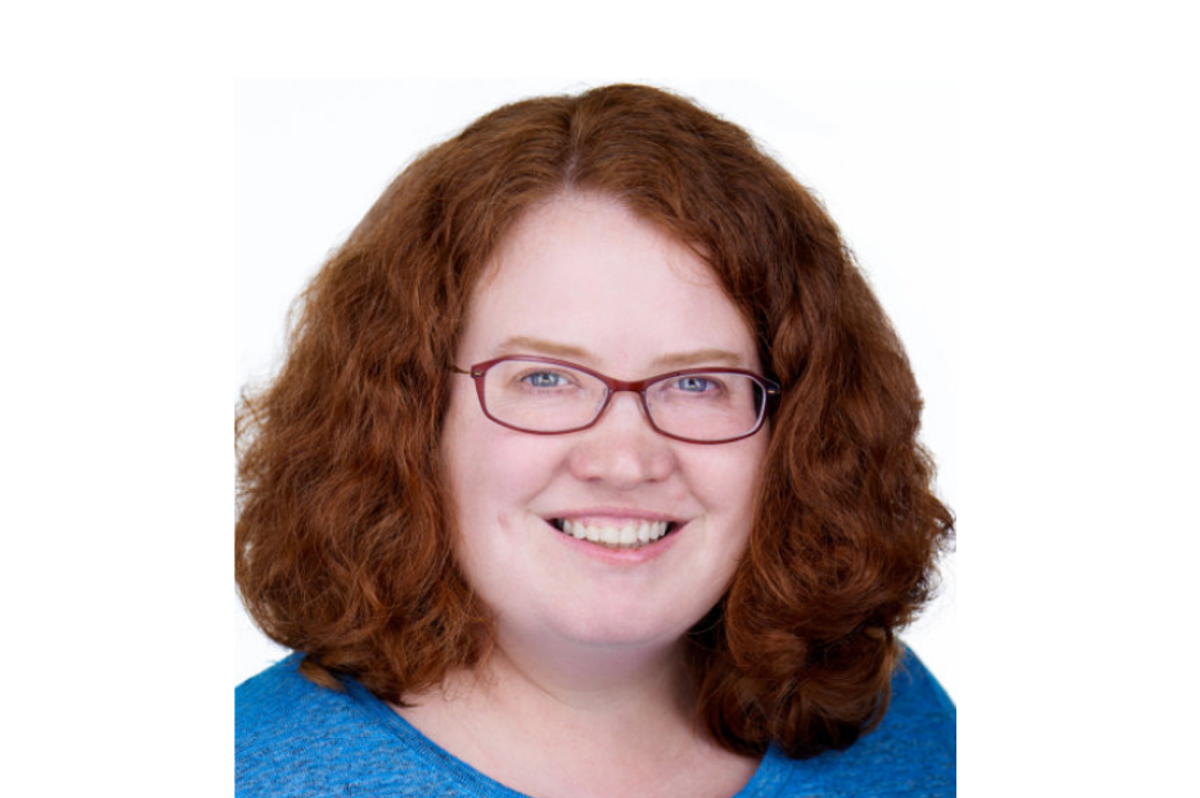 Angela Wilkins joins the Houston Innovators Podcast to discuss the intersection of data and health care. Photo courtesy
Angela Wilkins joins the Houston Innovators Podcast to discuss the intersection of data and health care. Photo courtesy


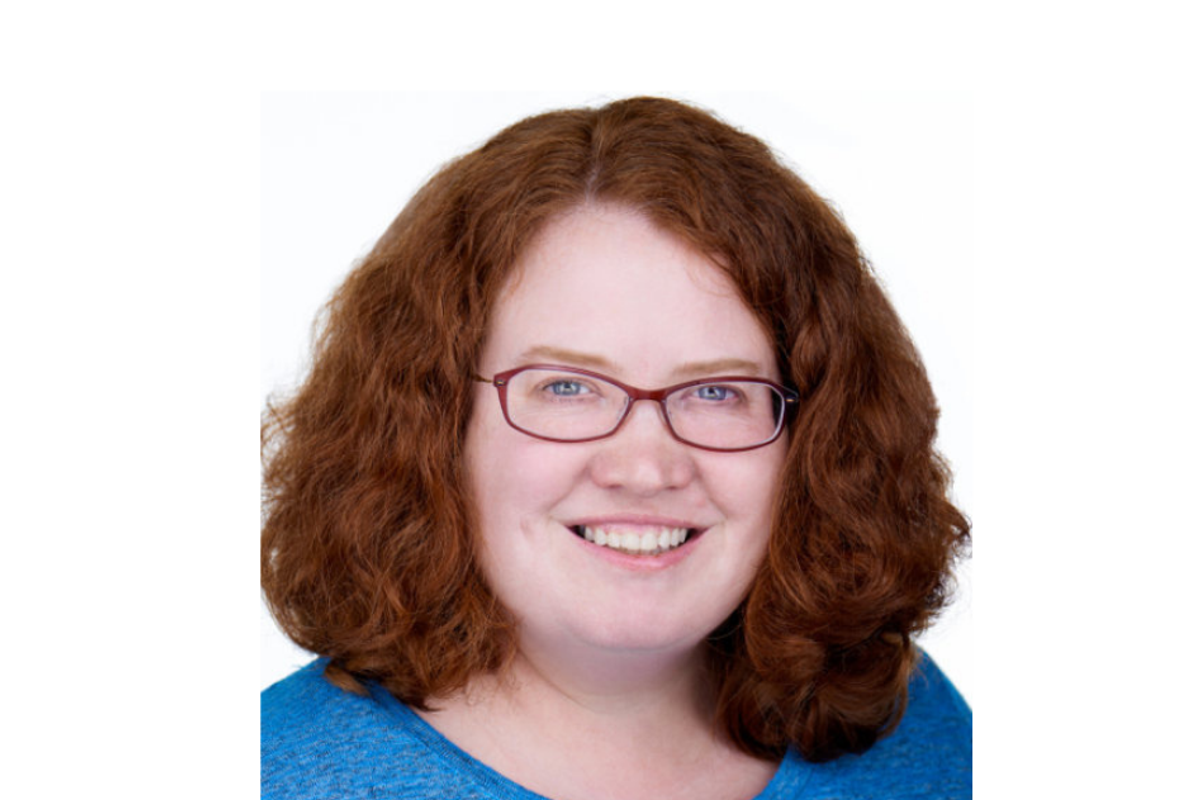
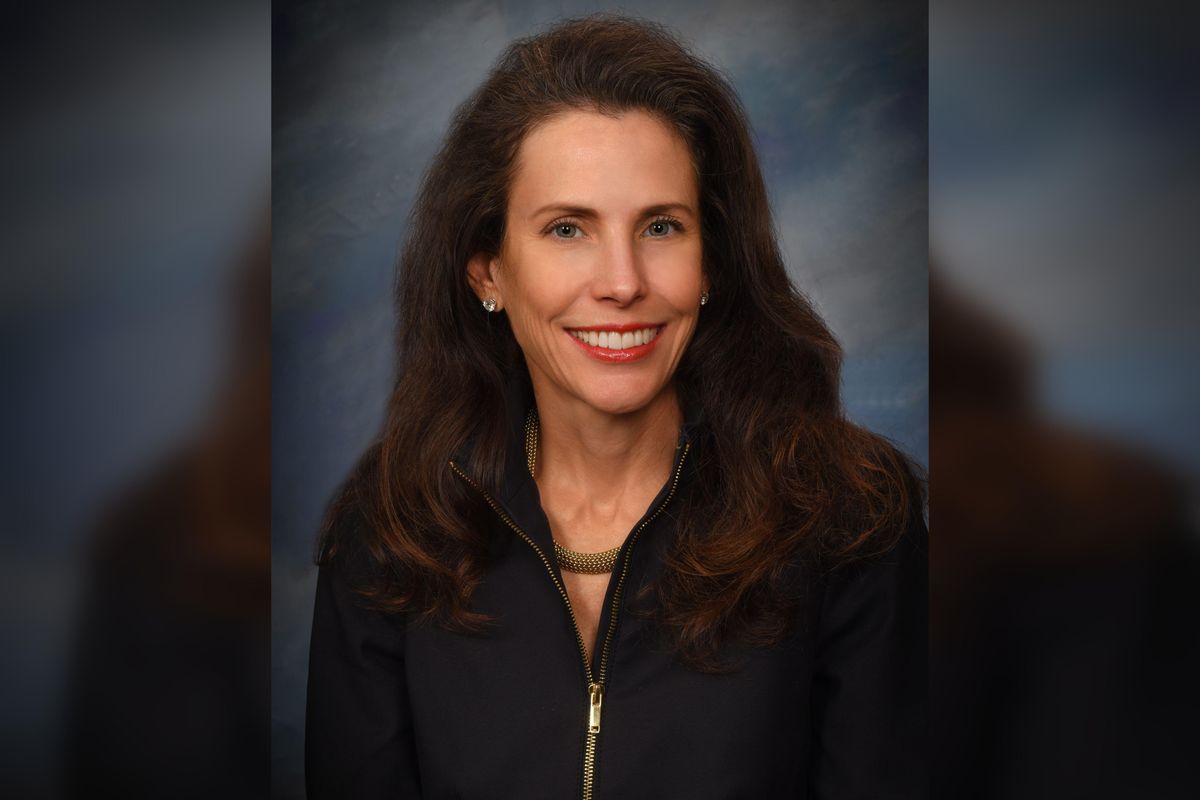
 Apple doubles down on Houston with new production facility, training center Photo courtesy Apple.
Apple doubles down on Houston with new production facility, training center Photo courtesy Apple.